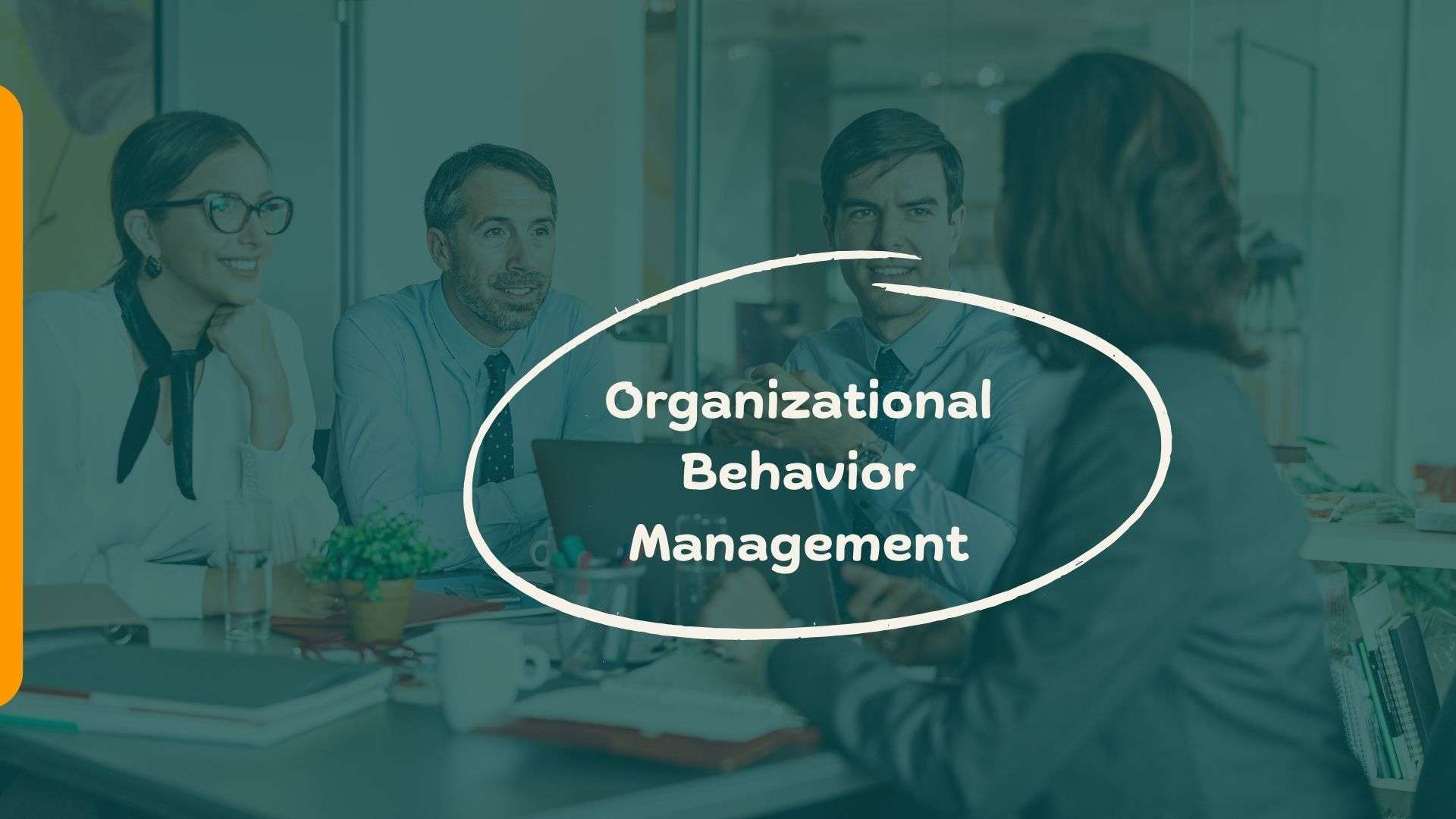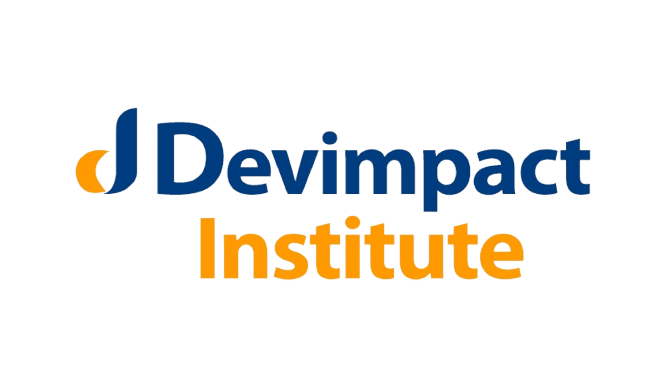
Training on Organizational Behavior Management
An organization’s ability to reach its objectives, complete responsibilities, and complete projects depends on the individuals they work with. Organizations are able to reap the benefits of company investments thanks to them, the people. The capacity to manage people in teams, groups, and individually is critical to an organization’s ability to function efficiently. The organization and its managers must cooperate with and work for the people. Additionally, they must manage them, inspire them, assist them to improve their performance and establish solid, dependable relationships with their team and other workers. This necessitates a thorough understanding of the human side of management, in addition to technical skills.
Training on organizational behavior management course focuses on the evolving nature of organizations It offers a combined perspective on theory and practice. It also discusses strategies to make better use of and manage the company’s workforce in order to increase performance.
Target Participants
This training on organizational behavior management course is targeted at HR directors/managers, supervisors, senior management teams, heads of departments, strategic planners, and consultants.
Course Duration
Online 7 Days
Classroom-based 5 Days
What you will learn
By the end of this course the participants will be able to:
- Understand how corporate and individuals co-exist
- Recognize the individual and group behavioral aspects in an organization
- Apply the concepts of organizational behavior to the real world of challenges
- Understand applications of organizational change, power, and conflicts
- Comprehend the impact of diversity and inclusion on behavior in the workplace
- Explain how environment, attitude, and perception influences behavior
- Understand group dynamics, communication, and its impact on the success and productivity at workplace
- Recognize conflict management and resolution techniques
- Acknowledge the organization’s structure, and its impact on workplace behavior
- Acknowledge the impact of work environment on the culture of the organization
Introduction to Organizational Behavior
- Definition of organizational behavior (OB)
- Organizational goals, responsibility, and strategies
- Translating organizational behavior to organizational success
- Understand and analyze current trends in organizational behavior
- Understand diversity and benefits to organizations
- Opportunities and Challenges faced by the managers in using OB
Managing Individuals
- The effects of physical and mental environments on employees
- Assessing workplace behavior and attitudes toward work
- Perception
- Nature and importance of Perception
- Factors influencing perception at the workplace
- Employing emotional intelligence
- Emotional Intelligence – its relation to individual performance
- Emotional Intelligence- its impact on the business of the company
- Motivation
- Impact of motivation on the performance of the individual
- Role of a manager to improve motivation
- Job description and its relation to individual motivation
- Respect and the process of feedback for motivation
Managing Groups
- Definition and Characteristics of Groups and Teams
- Understanding group and team development
- Understanding group and team dynamics
- Business Perspective – benefits and cost of teams
- Skills required for working effectively in teams
- Identifying individual interpersonal communication styles
- Understand how interpersonal communication styles impact the groups and teams
- Disruption in inter-personal relationships
- Diversity and inclusion
Leveraging Power and Politics
- The difference between leadership and management
- Identify and assess the impact of various leadership approaches on organizational effectiveness
- What is power?
- The sources of power
- Organizational politics
- Power and politics
Conflict and Negotiations
- Definition of conflict and negotiations
- Types and causes of conflict
- Relation between organizational performance and conflict
- Effective conflict management strategies
- Negotiation strategies
Managing Change
- Organizational structure
- Importance of Organizational structure
- Types of organizational structure
- Impact of organizational structure on the company
- Organizational change
- Methods for incorporating change within an organization
- Skills required for implementing change
- Individual Resistance to change
- Organizational focus on change
- Organizational Culture
- Importance and types of organizational culture
- Evolution of organizational culture
- How to successfully manage the culture of an organization
- Events that shape the organizational culture
- Mechanisms for cultural – control
- Sustaining organizational culture
- How employees learn culture
- Emphasis on quality and performance-oriented culture
- Stress at workplace
- Industry Trend vs. your company
- Rewards and Recognition
Learning at Workplace
- The function of Learning and Development
- Understand individual ability and learning
- Different methods of engaging team into the process of self-learning
Organizational Development Interventions
- Definition of organizational development
- Advantages of organizational development
- Organizational development intervention Techniques
- Components of organizational development

